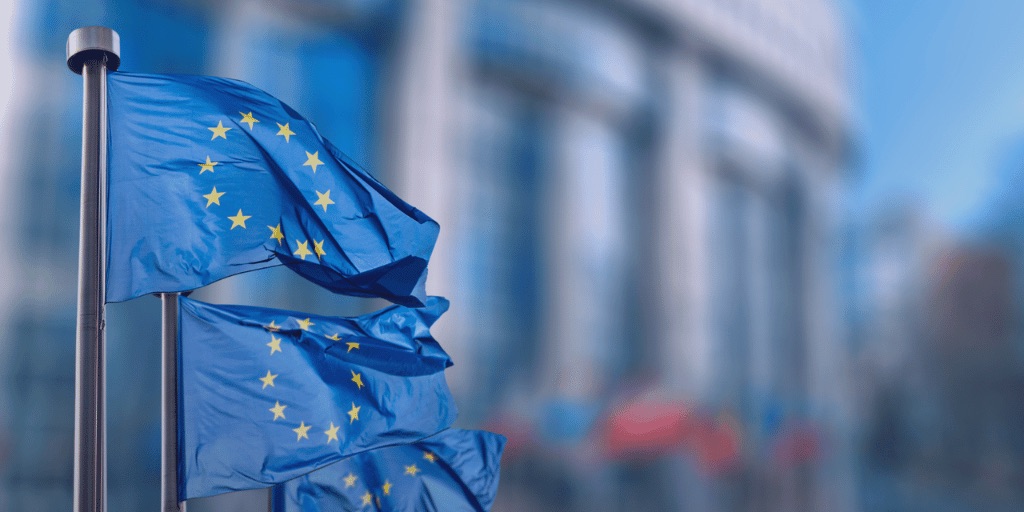
The European Union is preparing to give tech and social media companies a “stress test” ahead of Germany’s upcoming election in February to assess how they handle misinformation. European Commission officials have invited major tech companies, including X, Meta, Snap, TikTok, Google, Microsoft, and LinkedIn, to a meeting on January 31. During this session, the officials will quiz the companies about their response to potential scenarios that could interfere with the election, such as AI-generated fakes or disinformation campaigns, according to Bloomberg.
The EU’s Digital Services Act and Its Role in Election Integrity
This stress test is part of the EU’s efforts to ensure that tech companies comply with the Digital Services Act (DSA), which mandates safeguards and protocols to combat misinformation and illegal content. The DSA requires companies to show that they have measures in place to prevent harmful content from spreading on their platforms, especially when it comes to critical events like elections.
The test comes ahead of Germany’s snap federal election in February, which could have far-reaching implications for the European Union, as Germany is the largest member state. The EU is likely taking a closer look at tech companies’ DSA compliance after the Romanian presidential election in 2023 was marred by Russian interference, which some suspect was amplified by TikTok’s algorithm. Additionally, 85,000 cyberattacks were recorded on election websites and IT infrastructure in Romania.
Role of Elon Musk and X in Germany’s Election
Elon Musk and X have already played a part in the upcoming election, with Musk recently interviewing Alice Weidel, the leader of Germany’s far-right AfD party, and a candidate in the election. This interaction has raised concerns about the influence of social media platforms in shaping the political discourse ahead of the election.
The EU’s scrutiny of U.S. tech companies has raised tensions, especially after President Donald Trump criticized EU regulators for their approach to U.S.-based companies. Speaking at the World Economic Forum in Davos, Trump argued that the regulation of companies like Google, Meta, and Apple amounted to “a form of taxation.” These companies have been invited to participate in the stress test, further fueling the debate over the role of regulatory bodies in the digital space.
What The Author Thinks
The EU’s stress test is an important step toward holding tech companies accountable, especially in light of growing concerns over misinformation and election interference. However, the challenge lies in striking the right balance. While regulations like the DSA are necessary to safeguard democratic processes, they also raise questions about overregulation and the potential for stifling innovation. It’s essential for regulators to create frameworks that protect integrity without hindering the role of tech companies in fostering communication and discourse.
Featured image credit: Matt Davis via Osana
Follow us for more breaking news on DMR
